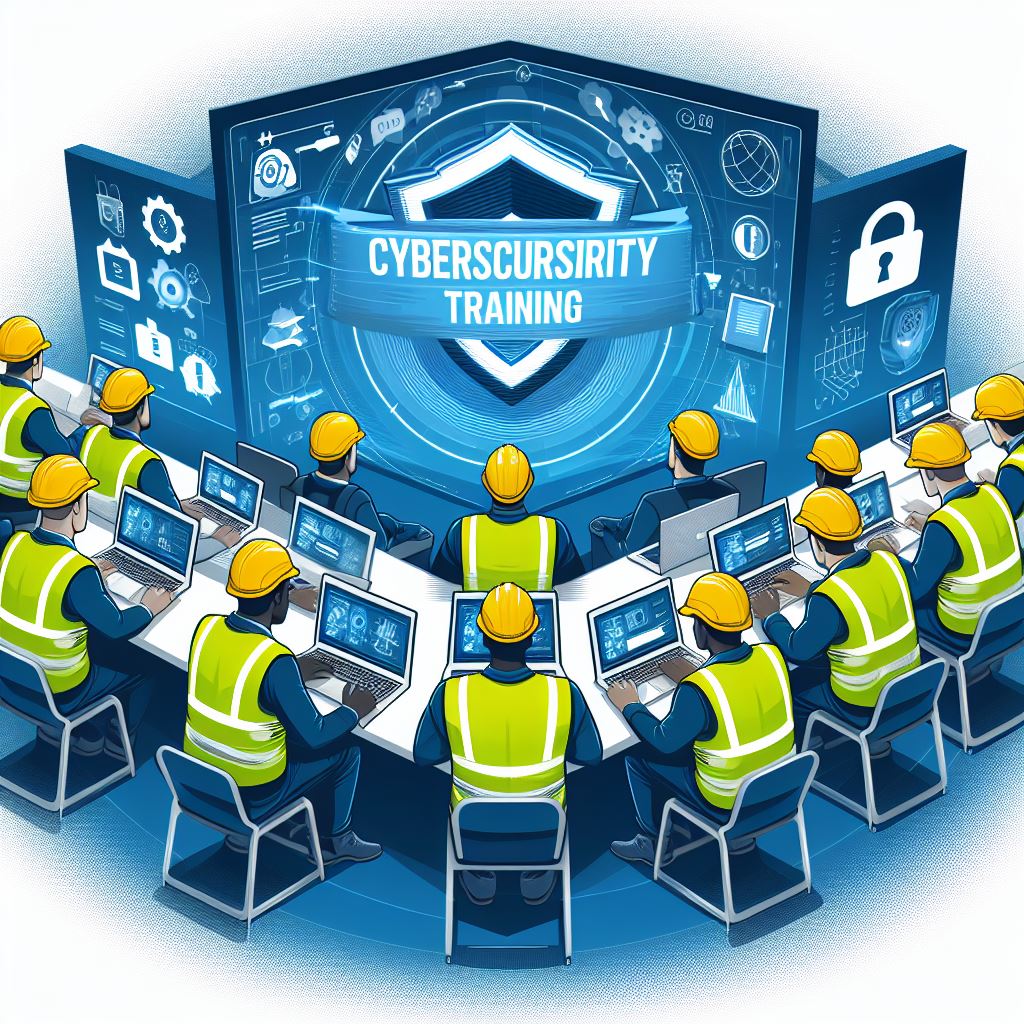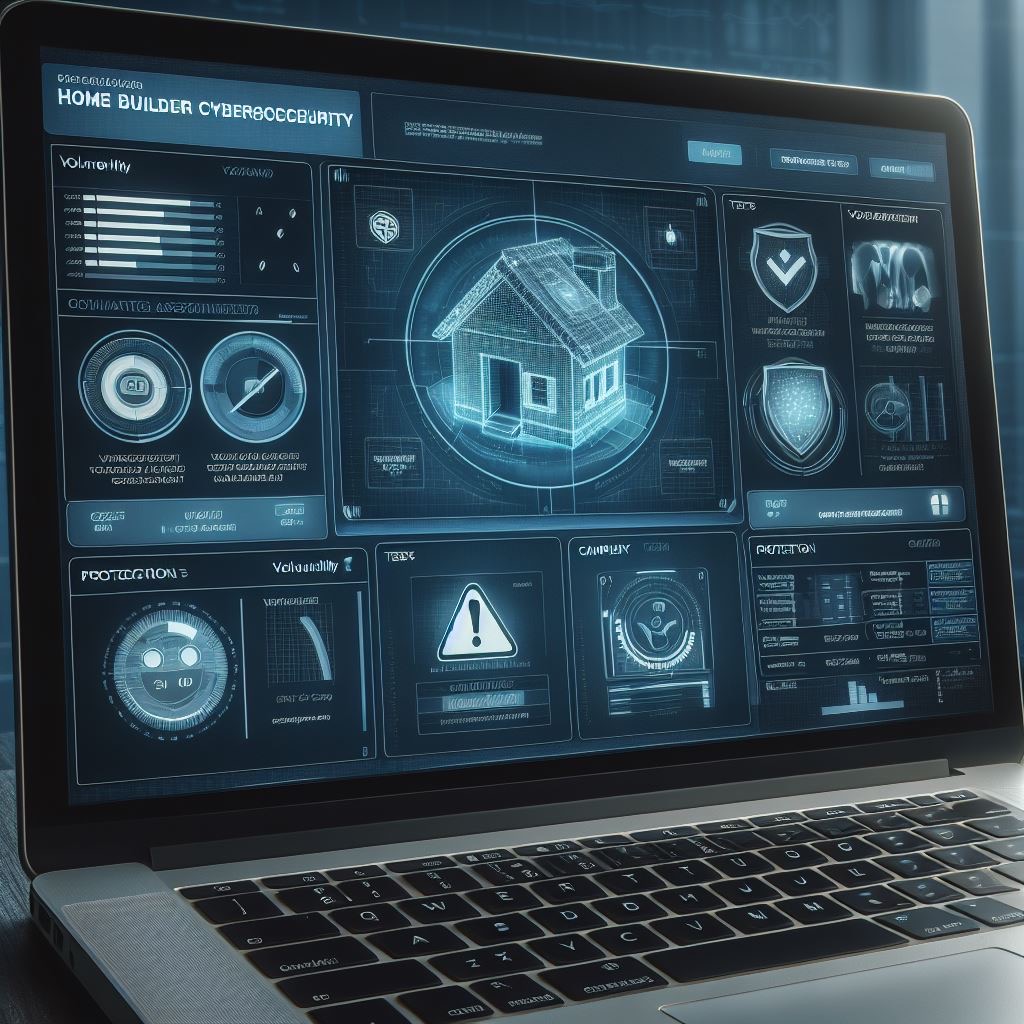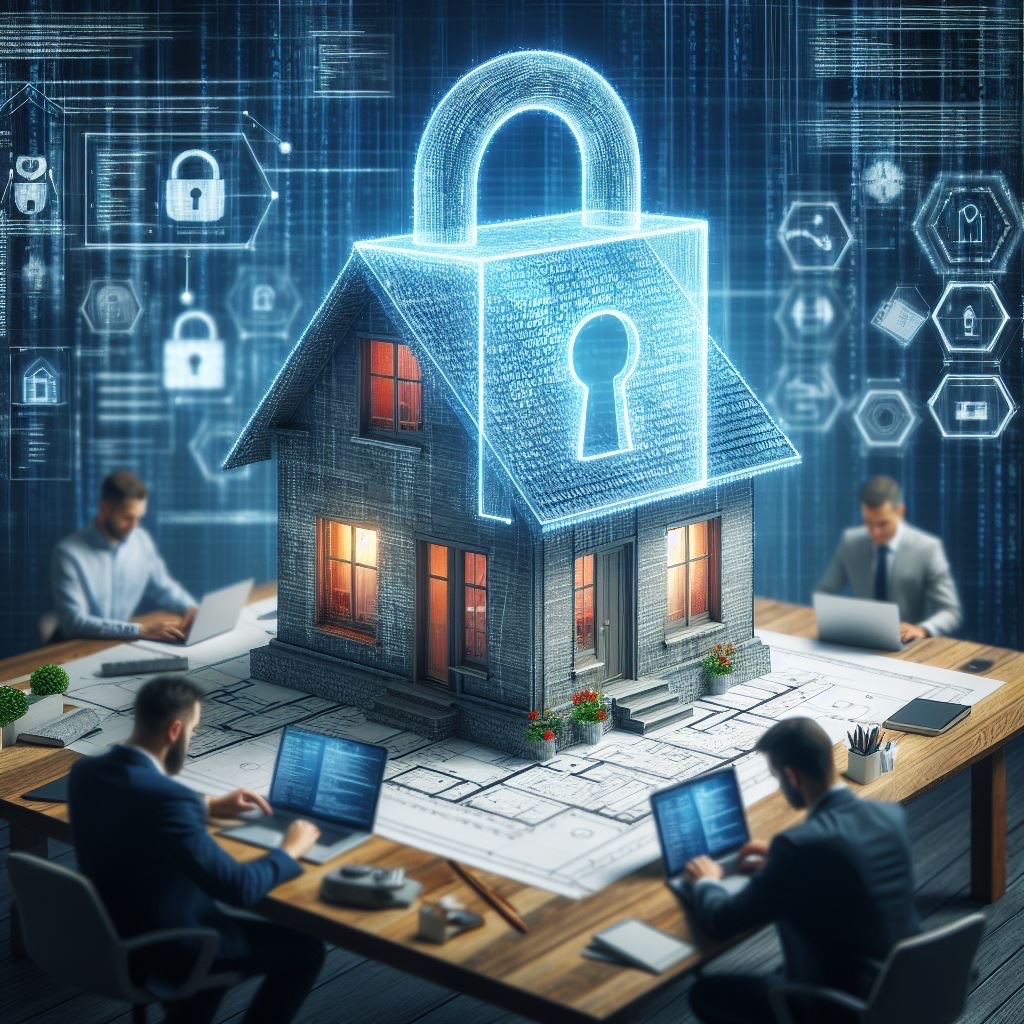
Defying All Odds - Day 31: Cybersecurity Audits for Construction Companies: Assessing and Improving Security
“You have to be prepared to fight and finish your own battles.” - Jim Harbaugh
Introduction:
Cybersecurity audits are essential for construction companies to assess their current security posture and identify areas for improvement. From assessing security controls to identifying vulnerabilities and recommending remediation measures, cybersecurity audits provide valuable insights to strengthen overall security. By regularly conducting cybersecurity audits, construction companies can proactively address security gaps and ensure ongoing protection against cyber threats.
In our featured story, we talked about how ZATIS helped a construction company defy the odds and win in the battle against hackers and cybercriminals. Join us today as we discuss the benefits of cybersecurity audits and the key steps involved in conducting an audit for construction companies.

In the game of football, the final whistle doesn't mean the work is done. It's time for the team to review, reflect, and prepare for the next game. Similarly, in cybersecurity, the work is never truly done. It requires constant evaluation and improvement, and that's where cybersecurity audits come into play. Just like a team reviews their performance after each game, a cybersecurity audit allows construction companies to assess their current security posture and identify areas for improvement. Today, as we reach the final day of this month's feature story, let's delve into the world of cybersecurity audits and understand their importance in the construction industry.
1. The Role of Cybersecurity Audits

Cybersecurity audits are like a post-game analysis. They give an in-depth overview of the existing cybersecurity practices, identify vulnerabilities, and suggest remediation measures. They help construction companies ensure that their security controls are not just in place, but also effective.
2. Assessing Security Controls

Assessing security controls is akin to reviewing the team's defense strategy. It involves examining the construction company's existing security measures to ensure they are sufficient and functioning as expected.
3. Identifying Vulnerabilities

Identifying vulnerabilities is like pinpointing the weak spots in the defense line. It involves finding potential security gaps that could be exploited by cyber attackers.
4. Recommending Remediation Measures

Recommending remediation measures is like planning the training sessions for improving the team's performance. It involves suggesting ways to strengthen security controls and mitigate identified vulnerabilities.
5. Ensuring Ongoing Protection

Ensuring ongoing protection is like keeping the team fit and ready for the next game. Regular cybersecurity audits help construction companies stay prepared for cyber threats and ensure their security measures are up-to-date.
As we conclude this month's feature story, it's vital to remember that cybersecurity is a continuous process, much like a football season. It's a game of constant vigilance, regular evaluation, and continuous improvement. We've journeyed through various aspects of cybersecurity in the construction industry, and like a dedicated team, we need to keep moving forward, keep learning, and keep improving. Because in the game of cybersecurity, we're all in it together, defying all odds! Thank you for being part of this journey. Let's continue to tackle cybersecurity challenges head-on and emerge victorious!

The Importance of Proactive Cybersecurity Measures
To mitigate the risks associated with cyber threats, construction companies must adopt a proactive approach to cybersecurity. Implementing robust cybersecurity measures can help protect the company's assets, maintain client trust, and ensure the smooth operation of projects. Here are some key steps that construction companies can take:
1. Employee Education and Training:

Employees are often the first line of defense against cyber threats. Providing comprehensive training on cybersecurity best practices, such as identifying phishing emails and using strong passwords, can significantly reduce the risk of successful attacks.
2. Regular Security Assessments:

Conducting regular security assessments, including vulnerability scanning and penetration testing, can identify potential weaknesses in the company's systems and infrastructure. This allows for timely remediation before cybercriminals can exploit these vulnerabilities.
3. Secure Network Infrastructure:

Implementing robust firewalls, intrusion detection systems, and encryption protocols can help safeguard the company's network infrastructure from unauthorized access and data breaches.
4. Access Control and Authentication:

Implementing strong access control measures, such as multi-factor authentication and role-based access controls, can ensure that only authorized individuals have access to sensitive information.
5. Data Backup and Recovery:

Regularly backing up critical data and implementing a robust disaster recovery plan can help minimize the impact of a cyber-attack and facilitate the restoration of operations.
Conclusion:
In an increasingly digitized world, the construction industry must recognize the importance of cybersecurity and take proactive measures to protect its valuable assets. Neglecting cybersecurity can have severe consequences, including financial losses, reputational damage, project delays, legal and regulatory compliance issues, and loss of intellectual property. By prioritizing cybersecurity and implementing robust measures, construction companies can safeguard their operations, maintain client trust, and ensure their long-term success in an evolving digital landscape.
Want to know if your construction company is at major risk of getting hacked? Click here for a FREE 15-Minute Cyber Consult.

5 Reasons Your Construction Company Needs a Cybersecurity Risk Assessment. 👊
It is important for construction companies to conduct a cybersecurity risk assessment for several reasons:
1. Protection of sensitive data:
Construction companies handle a vast amount of sensitive data, including financial information, project details, client information, and employee records. Conducting a cybersecurity risk assessment helps identify potential vulnerabilities and ensures appropriate safeguards are in place to protect this data from unauthorized access, data breaches, or theft.
2. Mitigating financial losses:
Cyberattacks can result in significant financial losses for construction companies. These losses can stem from data breaches, ransomware attacks, or the disruption of critical systems. By conducting a cybersecurity risk assessment, companies can identify potential weaknesses in their IT infrastructure and take proactive measures to mitigate the financial risks associated with cyber threats.
3. Maintaining business continuity:
A successful cyber-attack can disrupt construction projects, delay timelines, and impact the overall business operations. By conducting a risk assessment, construction companies can identify potential vulnerabilities and implement robust cybersecurity measures to ensure business continuity. This includes having backup systems, disaster recovery plans, and incident response protocols in place.
4. Protecting reputation and client trust:
Construction companies rely on their reputation and client trust to secure new projects and contracts. A cybersecurity breach can undermine trust, damage the company's reputation, and lead to the loss of clients. By conducting a risk assessment and implementing appropriate cybersecurity measures, construction companies can demonstrate their commitment to protecting client data and maintaining a secure operating environment.
5. Compliance with regulations:
Construction companies may be subject to industry-specific regulations and legal requirements regarding data protection and cybersecurity. Conducting a risk assessment helps identify any gaps in compliance and ensures that the company meets the necessary regulatory obligations.
Overall, conducting a cybersecurity risk assessment allows construction companies to proactively identify and address potential vulnerabilities, protect sensitive data, mitigate financial losses, maintain business continuity, protect their reputation, and comply with relevant regulations.
Other resources to help you get started with Cybersecurity
Start your own Cybersecurity initiative:
Here is a quick checklist to get you started with your Cybersecurity initiative. Remember imperfect action beats inaction, get started and keep pushing for progress and awareness with your people.
Update your software
Secure your files
Require passwords
Encrypt devices
Use multi-factor authentication
Protect your wireless network
Make "SMART SECURITY" your business as usual
Require strong passwords
Train all staff
Have a plan
